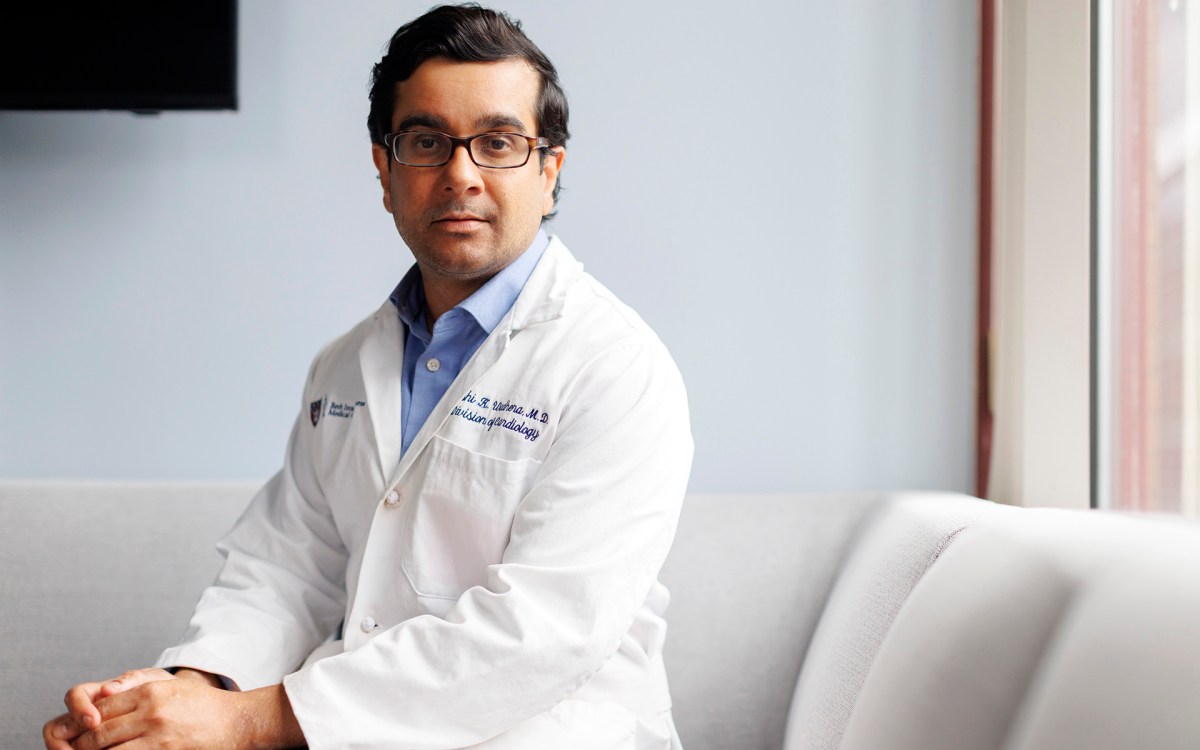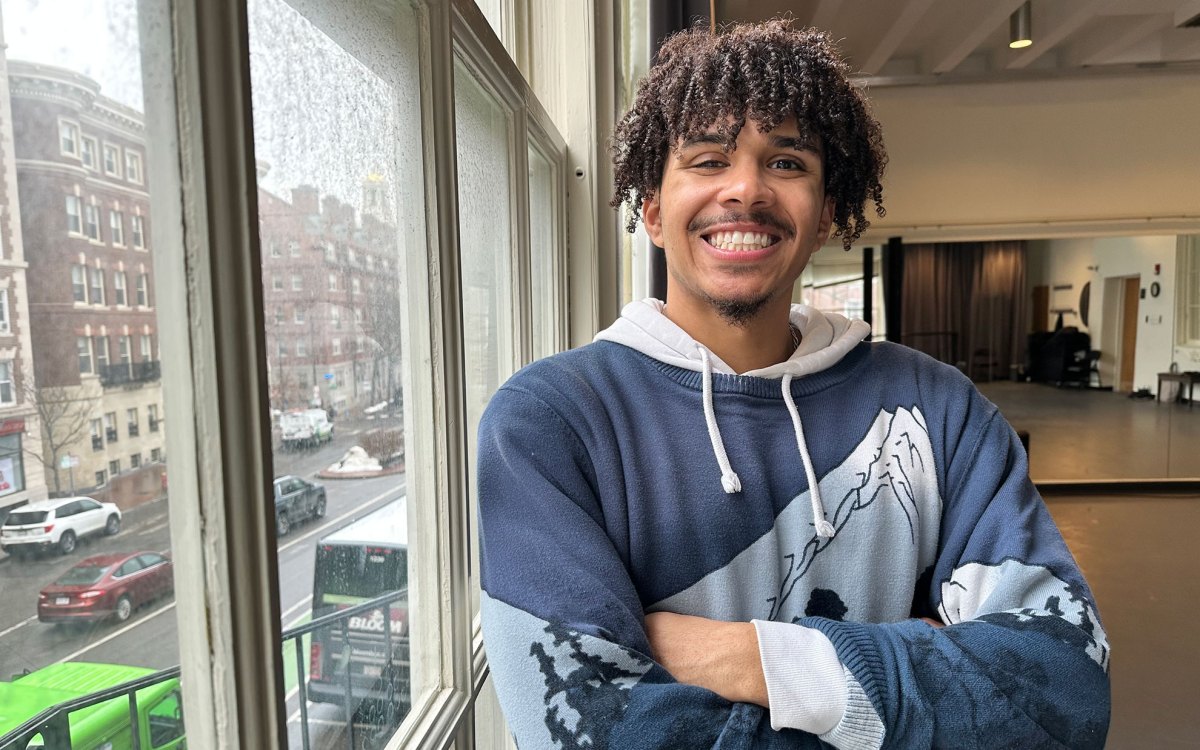In high-stakes jobs like surgery, the value of checklists
It’s been shown that using a simple checklist can help people like pilots, astronauts, and surgeons minimize errors that can mean the difference between life and death. But convincing smart and skilled people to actually use checklists can be challenging.
In an Oct. 30, 2017 interview on the NPR show “Hidden Brain,” Atul Gawande, surgeon, writer, executive director of Ariadne Labs, and professor in the Department of Health Policy and Management at Harvard T.H. Chan School of Public Health, discussed how using a checklist to remind doctors and nurses in operating rooms to perform simple tasks—such as washing their hands and checking to make sure they’re operating on the correct part of a patient’s body—has been shown to reduce deaths by as much as 47 percent. But for some doctors, using a checklist can seem demeaning.
Gawande told “Hidden Brain” host Shankar Vedantam that hospitals with the most success in getting surgical teams to use checklists have worked hard to help doctors and nurses understand the importance of the checklist, encouraged teams to customize the list, and worked one-on-one with surgeons who balked at the idea of using it.
Gawande was also interviewed the NPR show “On Being” with Krista Tippett on October 26 about the importance of asking people with terminal illnesses how they want to live their final days. “People have priorities besides just surviving no matter what,” he told Tippett. He said that doctors should focus not only on how to extend people’s lives, but on finding out what matters most to them—even if it’s something as simple as being able to eat chocolate ice cream—and should make efforts to enable it.
Gawande is author of several books, including “The Checklist Manifesto” and “Being Mortal“.
Listen to the “Hidden Brain” interview: The Trick To Surviving A High-Stakes, High-Pressure Job? Try A Checklist
Listen to the “On Being” interview: What Matters in the End





